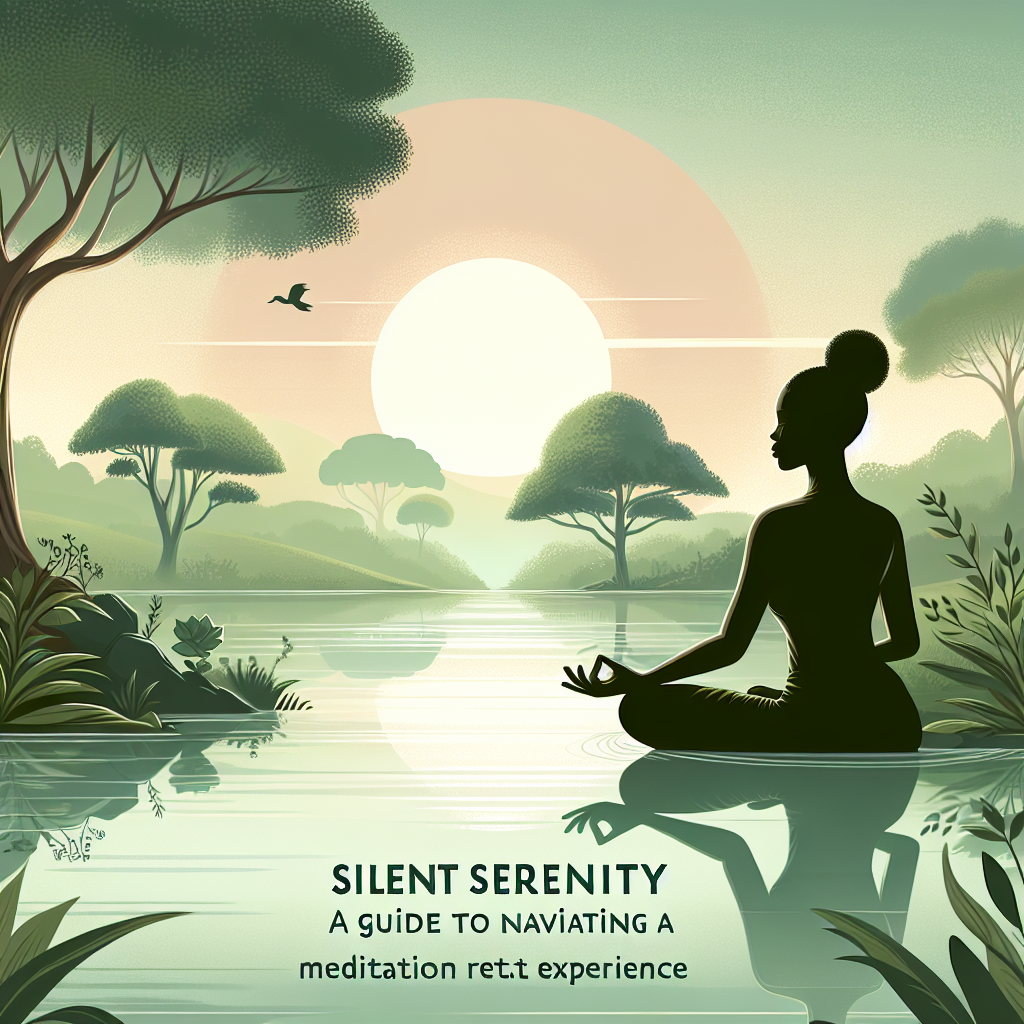In today’s fast-paced world, it’s easy to get caught up in the hustle and bustle of daily life. With so many things demanding our attention, it can be challenging to find a moment of peace and quiet. However, mindfulness meditation offers a powerful solution to this problem. By cultivating a sense of calm and clarity in our minds, we can navigate the chaos of everyday life with greater ease and grace.
Mindfulness meditation is a practice that involves focusing on the present moment without judgment. It’s about being fully aware of your thoughts, emotions, and sensations without getting caught up in them. By developing mindfulness, you can cultivate a sense of inner peace and serenity that allows you to respond to life’s challenges with greater clarity and wisdom.
One of the key benefits of mindfulness meditation is its ability to reduce stress and anxiety. By practicing mindfulness, you can learn to observe your thoughts and emotions without reacting to them. This allows you to break free from the cycle of negative thinking that often leads to stress and anxiety. With mindfulness, you can develop a greater sense of calm and clarity that empowers you to navigate life’s challenges with greater ease.
Mindfulness meditation is also a powerful tool for improving focus and concentration. In today’s world of constant distractions, it can be challenging to stay focused on the task at hand. By practicing mindfulness, you can train your mind to stay present and focused on the present moment. This can help you to be more productive and efficient in your daily tasks, whether you’re at work or at home.
Another benefit of mindfulness meditation is its ability to improve emotional regulation. By becoming more aware of your thoughts and emotions, you can learn to respond to them in a more constructive way. This can help you to manage difficult emotions such as anger, sadness, and fear more effectively, leading to greater emotional well-being and resilience.
In addition to these benefits, mindfulness meditation has also been shown to have a positive impact on physical health. Studies have found that regular practice of mindfulness can lower blood pressure, reduce chronic pain, and improve immune function. By cultivating a sense of calm and clarity in your mind, you can support your body’s natural healing processes and improve your overall well-being.
Despite its many benefits, mindfulness meditation is a simple practice that anyone can incorporate into their daily routine. To get started, all you need is a quiet space where you can sit comfortably and undisturbed for a few minutes. Close your eyes and focus on your breath, noticing the sensations of each inhale and exhale. When your mind wanders, gently bring your attention back to your breath without judgment. With practice, you can develop a deeper sense of mindfulness that will benefit you in all areas of your life.
FAQs:
Q: How long do I need to practice mindfulness meditation each day to see results?
A: You can start with just a few minutes of mindfulness meditation each day and gradually increase your practice as you become more comfortable. Even just a few minutes of practice can have a positive impact on your mental and emotional well-being.
Q: What if I have trouble focusing during mindfulness meditation?
A: It’s normal for your mind to wander during meditation. When you notice your mind wandering, simply bring your attention back to your breath or whatever anchor you’re using for your practice. With time and practice, you’ll find it easier to stay focused.
Q: Can mindfulness meditation help with insomnia?
A: Yes, mindfulness meditation can be effective in improving sleep quality and reducing insomnia. By calming the mind and body, mindfulness can help you to relax and fall asleep more easily.
Q: Is mindfulness meditation a religious practice?
A: While mindfulness meditation has roots in Buddhism, it is not inherently religious. It is a practice that can be adapted to suit individuals of all beliefs and backgrounds.
Q: Can mindfulness meditation help with chronic pain?
A: Yes, mindfulness meditation has been shown to be effective in reducing chronic pain by helping individuals to manage their pain and improve their quality of life.
In conclusion, mindfulness meditation is a powerful practice that can help you cultivate calm and clarity in your everyday life. By developing mindfulness, you can reduce stress and anxiety, improve focus and concentration, regulate your emotions, and support your physical health. With regular practice, you can experience greater peace and well-being in all areas of your life. So why not give mindfulness meditation a try and see the transformative effects for yourself?




Leave A Comment